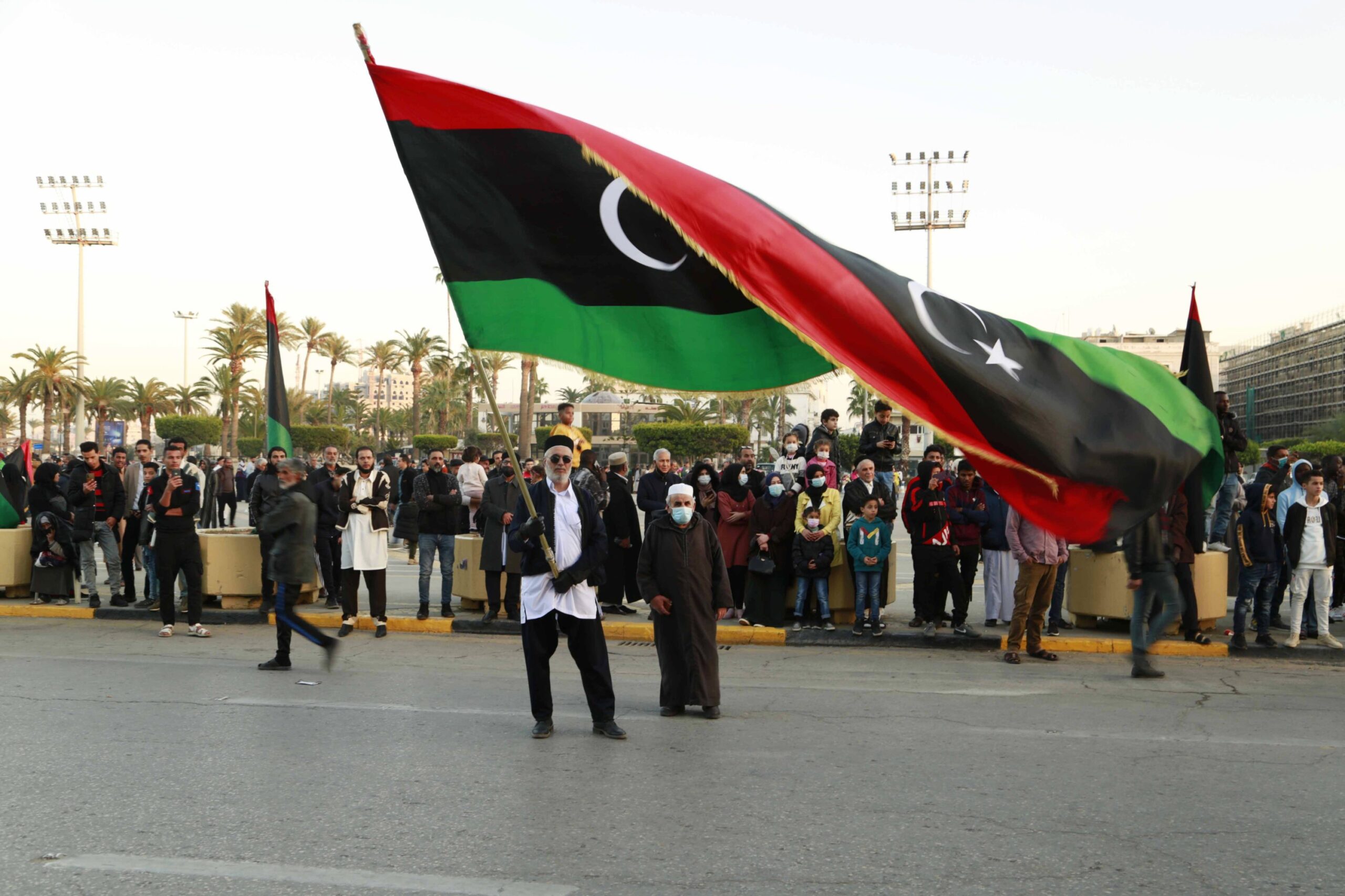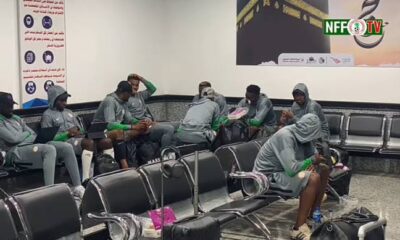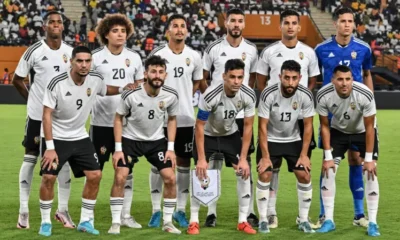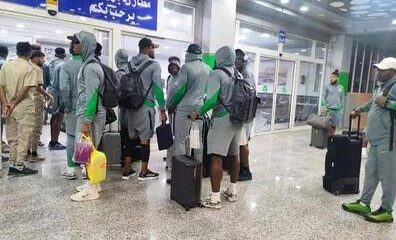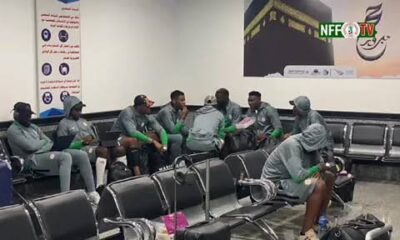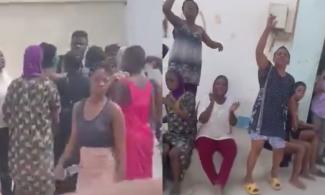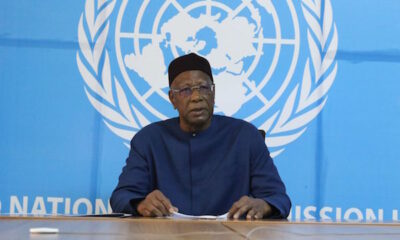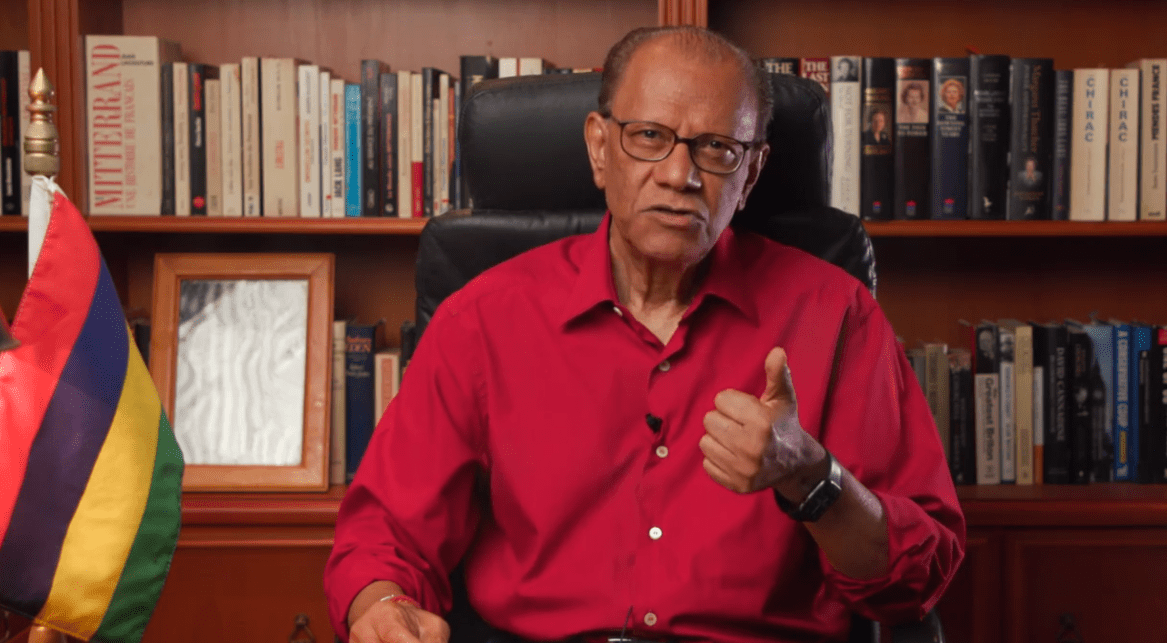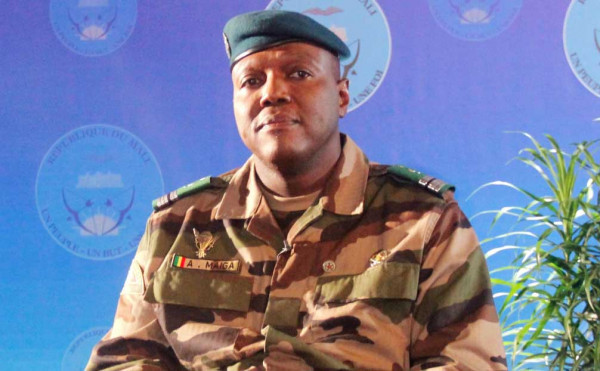A day after dismissing Choguel Maiga for criticising the government, Mali’s governing junta named its spokesperson, Abdoulaye Maiga, as Prime Minister on Thursday, according to state broadcaster, ORTM.
A source close to Choguel Maiga told Reuters that the ruling generals were incensed by Maiga’s remarks over the weekend denouncing the junta’s inability to hold elections within the 24-month timeframe given for the return to democracy.
After promising to hold elections in February, the military authorities, who took control in two separate coups in 2020 and 2021, have put off the poll indefinitely, citing technological difficulties.
Choguel Maiga’s firing coincides with indications of growing discontent and disarray among Mali politicians, even those who first supported the coup and collaborated with the junta.
As the wait for elections continues, Choguel Maiga, a civilian prime minister who was installed by the military junta in 2021, is the most recent to lose support.
He was cited on Saturday as claiming he learnt of the junta’s decision via the media and that there had been no discussion regarding the delay of the elections inside the cabinet.
“It’s all happening in total secrecy, without the prime minister’s knowledge,” Choguel Maiga told reporters.
Before then, he had frequently stood up for Mali’s junta against criticism from foreign friends and neighbours in West Africa who denounced its repeated election delays and military collaboration with Russian mercenaries.
As government spokesperson, Abdoulaye Maiga, the new prime minister, has also made strong public remarks against France, the previous colonial master. One such speech was demanding French President Emmanuel Macron to stop his “neocolonial” and “condescending” behaviour.
Abdoulaye Maiga and Assimi Goita, the leaders of the junta, announced they had kept all of the important cabinet ministers in their portfolios in the new administration in a statement that was broadcast on state television ORTM.
The announcement said that Abdoulaye Maiga will remain minister of territory administration.

 Metro2 days ago
Metro2 days ago
 Metro2 days ago
Metro2 days ago
 Musings From Abroad2 days ago
Musings From Abroad2 days ago
 Sports2 days ago
Sports2 days ago
